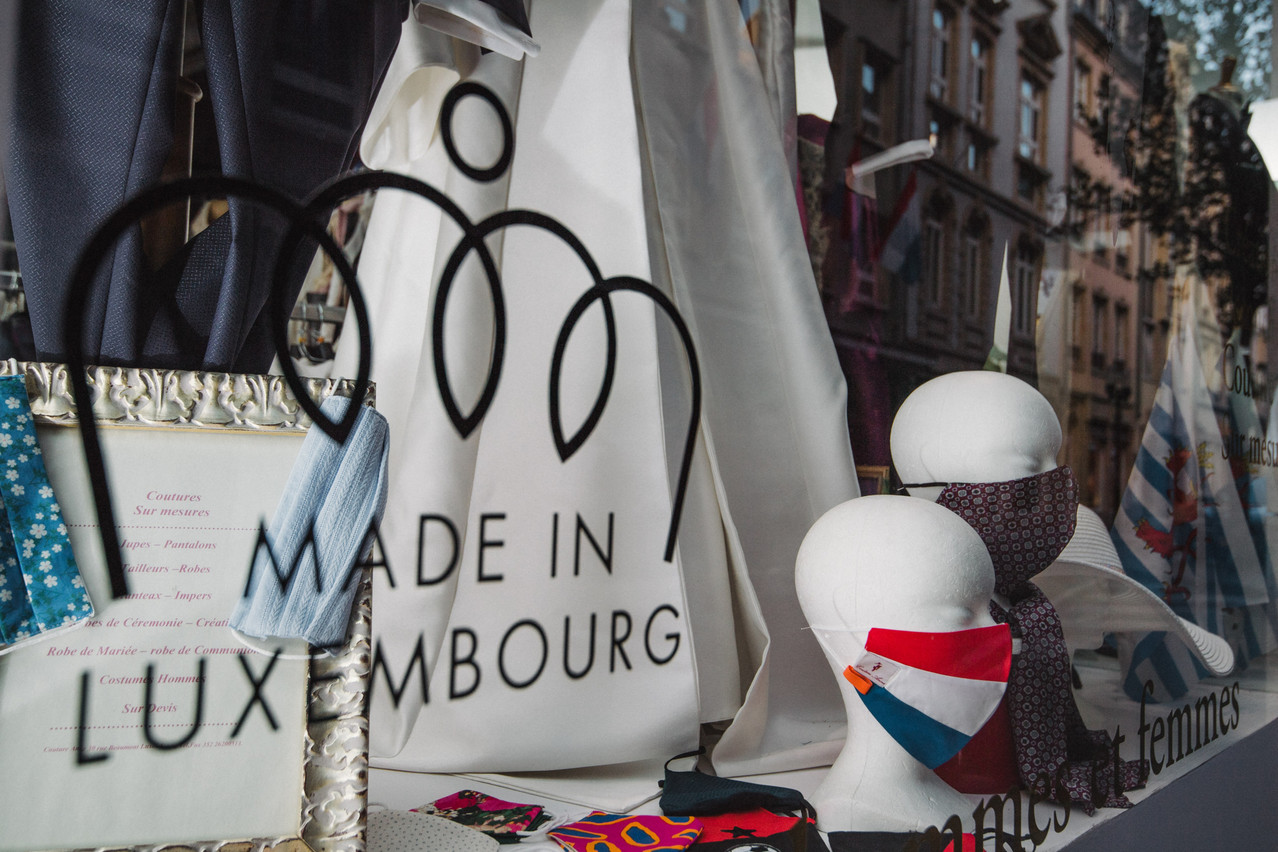“It is becoming more and more relevant,” said Elke Hartmann of the Chamber of Skilled Trades and Crafts. “Even though it is not a quality label but an origin label, customers associate quality with it.” Still, businesses need to show that they are worthy, not only by producing in the country but also by delivering on soft criteria, such as staff initiatives or community engagement.
“We regularly receive requests for design, but the production is abroad, because it is too expensive in Luxembourg or there aren’t enough seamstresses. That doesn’t work. For IT companies, too, development needs to happen in Luxembourg,” said Edith Stein of the Chamber of Commerce.
Rich and diverse
The pair over the years have discovered surprising businesses. “We visited someone who makes waffle irons,” said Hartmann, who also encountered glaziers specialised in restoring and conserving church windows. But it’s also innovative companies who are seeking the label, such as a space firm making robotic arms or a business producing robots that clean solar panels. These have found a market in the Middle East where there is plenty of sun but also a lot of dust and sand that reduces productivity.
“Made in Luxembourg, for me, is rich and diverse,” said Hartmann, who also helps companies at the Chamber of Skilled Trades and Crafts with internationalisation. “The feedback from businesses is a sense of exclusivity abroad,” she said of the label. Part of that comes from the logo, the two women agreed. With a crown at its centre, the label suggests a certain sense of nobility, especially in countries where royal families still carry clout.
Sense of sustainability
The label works with Luxembourg’s nation branding project, but the stamp isn’t only interesting for foreign markets. More and more companies in the food industry are requesting the label, Stein said, and there is also an emerging local ecosystem of brands working together, of businesses in Luxembourg finding local suppliers and partners through the Made in Luxembourg platform.
“What we are noticing is that companies are really trying to produce more sustainably,” said Stein, also amid a growing awareness among customers. “We are always reviewing the criteria,” said Hartmann. “Something like sustainability could absolutely fall under the soft criteria.”
During the pandemic year, the number of requests from companies to receive the label increased. It is awarded for a period of five years at the end of which a thorough review whether the business meets current criteria takes place. For example, the chambers in 2019 decided to no longer award the label to real estate agencies. Any agency that received the label before 2019 will lose it over the coming years.
The label is a boost for small businesses that don’t always have the resources for marketing campaigns or the tools to tell their stories. In the trades and crafts sector there are 1.4 foreign competitors for every local business, Hartmann said. A Made in Luxembourg label can make a difference. “It’s proximity, it’s reliability, it’s trust. It’s something familiar,” Hartmann said.
This article first appeared in the December 2021 edition of .
